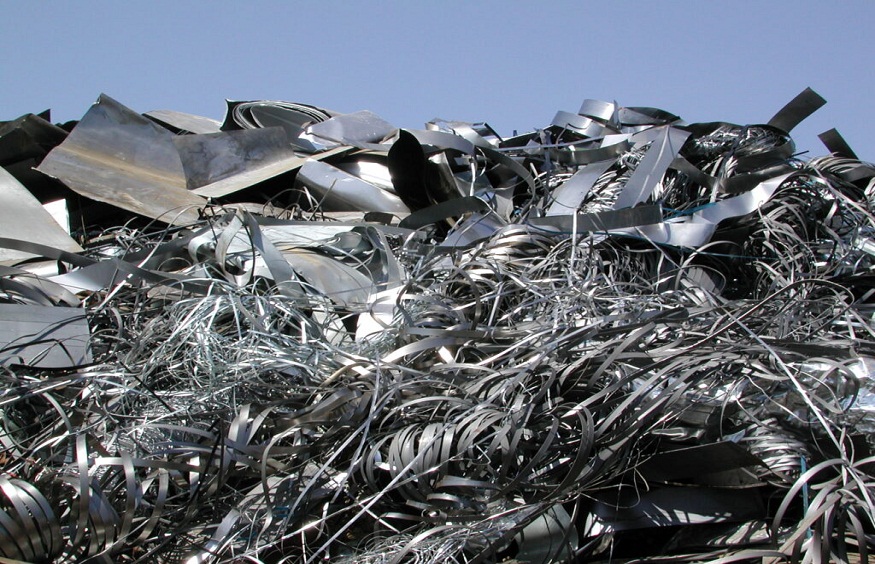Recycling base metals has many positive effects on the economy and environment. It is also essential to sustainable development since it may save energy and preserve natural resources. In this post, we’ll look at ten arguments as to why base metal recycling is important and necessary for creating a more sustainable future.
1. Preservation of Natural Resources
Base metal recycling contributes to the conservation of scarce natural resources by lowering the need for new mining and extraction. Building, automotive, and manufacturing are just a few of the industries that depend on metals like steel, copper, and aluminium. Reusing these metals helps to protect priceless resources for future generations.
2. Reduction of Waste
Base metal recycling lessens waste and eases the strain on waste management systems by keeping scrap metal out of landfills. Recycling scrap metal encourages a circular economy in which resources are reused and repurposed rather than thrown away after usage, keeping precious materials from being lost to disposal.
3. Energy Efficient
The process of recycling basic metals uses a lot less energy than that of creating them from virgin ore. Recycling aluminium, for instance, may save up to 95% of the energy used in initial manufacture, whilst recycling steel can save about 60%. Base metal recycling lowers greenhouse gas emissions and energy consumption by utilising recovered metals rather than creating them from scratch.
4. Lowering Emissions of Greenhouse Gases
One of the main causes of greenhouse gas emissions that contribute to air pollution and climate change is the extraction of base metals from virgin ore. By recycling basic metals, we can lessen these emissions and the negative effects of metal manufacturing on the environment. For instance, recycling aluminium results in 95% fewer greenhouse gas emissions than primary manufacturing.
5. Conservation of Ecosystems
Water pollution, soil erosion, and habitat destruction are just a few of the negative consequences that mining and extraction operations may have on ecosystems. By lowering the need for new mining and decreasing the environmental impact of metal production, base metal recycling contributes to the preservation of natural ecosystems and biodiversity protection.
6. Contributes to the Circular Economy
The circular economy, which minimises waste and maximises material longevity, strongly emphasises base metal recycling. By repurposing recovered metals into the manufacturing process, base metal recycling encourages sustainable patterns of production and consumption and helps create circular supply chains.
7. Generates Employment
Employment possibilities in activities related to collecting, sorting, processing, and refining are offered by the base metal recycling sector. Recycling plants create jobs for thousands of people globally, promoting economic expansion and aiding local communities. Furthermore, the value of recycled metals helps companies all along the supply chain and brings in money for recyclers.
8. Encouragement of Eco-Friendly Production
Manufacturers may lessen their influence on the environment and advance sustainable manufacturing processes by recycling basic metals. Manufacturers may reduce their carbon footprint, preserve natural resources, and satisfy consumer demand for eco-friendly items by using recycled metals in their products.
9. Financial Gains
Significant financial advantages come from recycling base metals, such as lower costs, more income, and less reliance on imported raw materials. Reusing metals like steel, copper, and aluminium lowers manufacturing costs for producers and guarantees a consistent supply of raw materials for a range of sectors.
10. Long-Term Sustainability
In the end, attaining long-term sustainability and guaranteeing the welfare of future generations depend on base metal recycling. Through resource conservation, waste reduction, and environmental effect minimisation, base metal recycling contributes to the development of a more resilient and successful society.
Conclusion
Recycling base metals is important for several reasons, including preserving natural resources, cutting waste, and advancing sustainable development. One cannot stress the significance of base metal recycling in our pursuit of a more sustainable future. We can create a society that is cleaner, greener, and more affluent for future generations if we adopt base metal recycling techniques.




